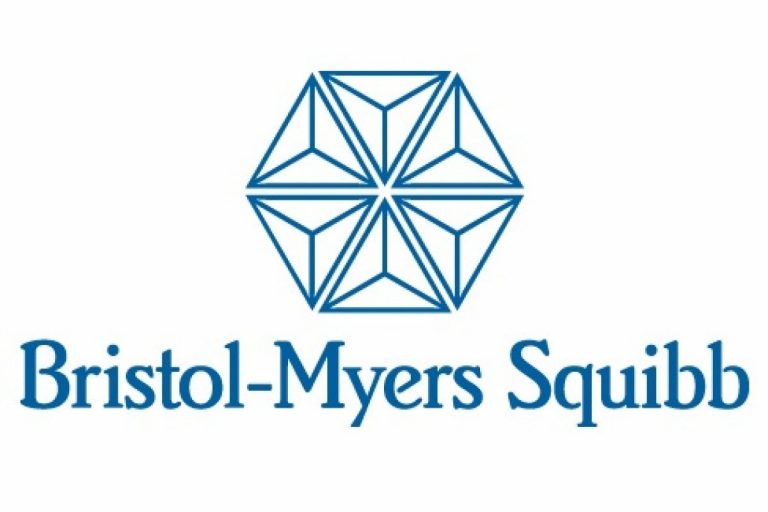
Bristol-Myers Squibb Company (NYSE:BMY) and Nektar Therapeutics (NASDAQ:NKTR) are drawing a considerable amount of attention in the biotechnology space this week, on the back of a fresh partnership announcement that will see the two companies join forces on the development of an oncology asset.
Here is what’s important.
The asset is called NKTR-214 and it’s Nektar’s lead development asset right now. It’s targeting a range of advanced tumor types, including renal cell carcinoma, melanoma and PD-L1 negative non-small cell lung cancer.
The idea is that you can combine this sort of drug with an immunotherapy asset (specifically, a checkpoint inhibitor, so, in this instance, it’s almost certainly going to be Bristol-Myers Squibb’s blockbuster drug Opdivo, and, in some cases Yervoy) and that the combination will result in an improved efficacy and clinical benefit as compared to just using the asset on its own.
In a phase 1/2 trial that was completed last year, Nektar was able to show that its drug can bring about an objective response in a whole range of different cancer types including those mentioned above, with the degree of response varying between 46% to 75%.
In late-stage cancer treatment, those are pretty incredible results.
So what does the deal look like?
This is where things get pretty interesting.
Bristol-Myers Squibb will make an upfront cash payment of $1b and an equity investment of $850m. Nektar is also eligible to receive an additional $1.78b in milestones, of which $1.43b are development and regulatory milestones and the remainder are sales milestones.
The two companies will share the development costs, but Bristol will pay the lion share, with the drug maker behemoth responsible for between 68-78% of costs incurred.
Further, and in addition to the $1 billion upfront and the $850 million in Nektar stock (which is being acquired at a 36% premium) Bristol has earmarked up to $1.8 billion in milestone payments, with 80% of these rooted in clinical and regulatory events and the remaining 20% based on long-term sales milestones.
There is also a large degree of flexibility as relates to the future of the asset in the hands of Nektar. Without getting bogged down in the details, the letter essentially has the right to develop its asset in a range of indications outside of those stipulated as initial targets on the just announce agreement and Bristol will only take 35% of profits from global sales.
Essentially, then, Nektar is getting a great deal.
So why would Bristol be willing to enter into such a lenient agreement and one that seems – at a glance – to be set up as favorable to Nektar both immediately and longer term?
The answer is rooted in competition.
Bristol’s competitor, Merck, is threatening to take a large portion of Bristol’s sales of Opdivo and Yervoy with its Keytruda asset, and, if Merck was able to develop its own combination therapy, this competition would ramble considerably. By acquiring the rights in the target indications to NKTR-214, Bristol has the opportunity not just to jump ahead of its competitor in this group of indications but also to potentially boost the sales of its blockbuster assets on the back of an improved efficacy claim when the assets in question are combined with Nektar’s lead.
For Bristol, therefore, the benefit is rooted in the potential for increased sales of its lead oncology assets, which is why the company is willing to forgo some of the potential profit from NKTR-214 and benefit a little farther down the line if and when this asset reaches commercialization in the US.
On the back of the news, which hit press during play on Wednesday, Nektar is up, with its shares closing up 11% to $84.00 on its preannouncement capitalization, while shares of Bristol-Myers also closed up by around 2.3% to $65.35.
Like this piece? Read this one next: Here’s What’s Moving Tetraphase




